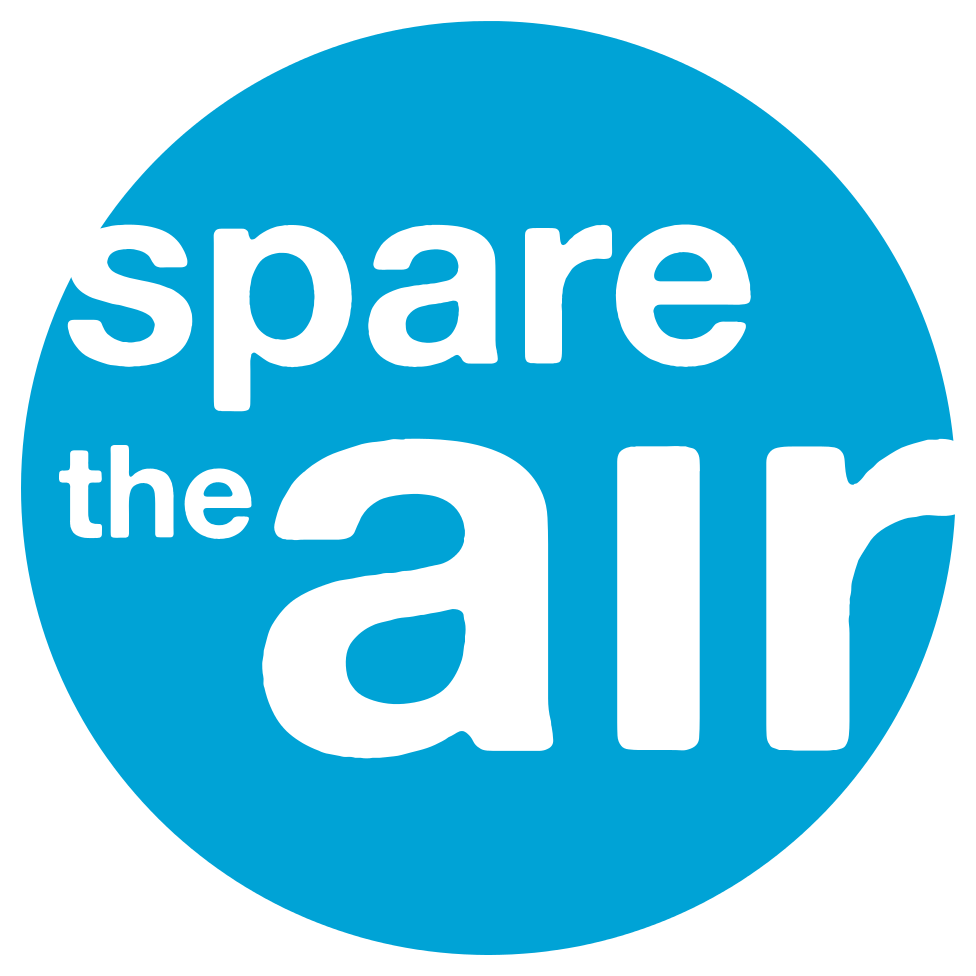Skip to main content
Back
No Alert
❮
Hide Panel
❯
Back
-
Reduce Your Impact
-
Understanding Air Quality
-
Connect with Us

